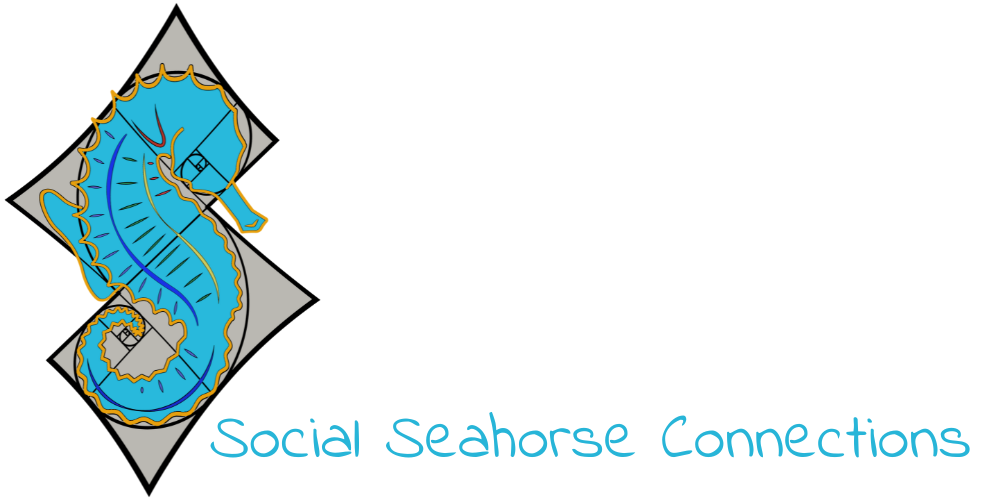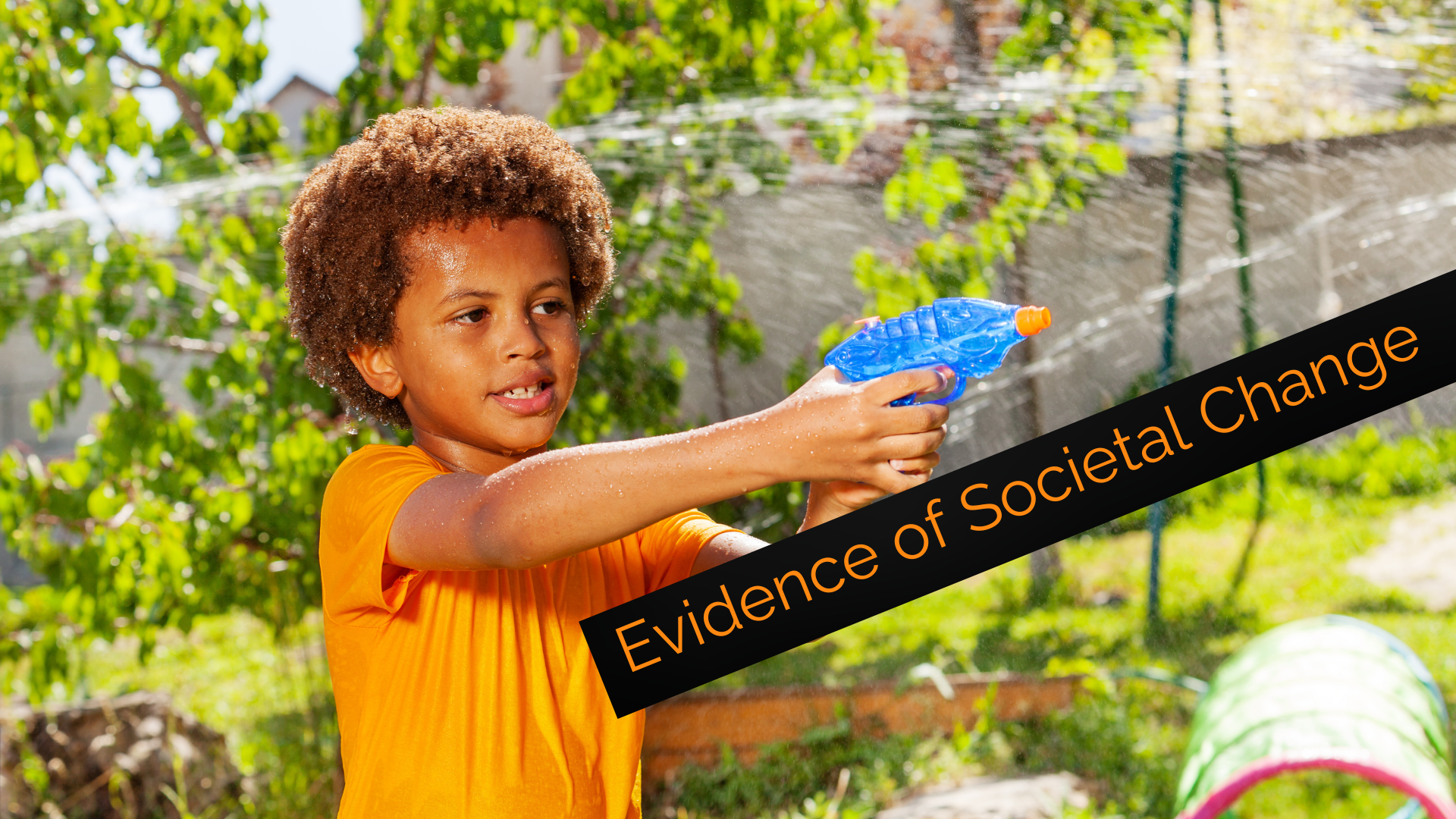A group of boys are running around a park with water soakers. A young boy runs up to an adult and starts to blast him when suddenly the boy stops. He matter-of-factly asks, “Wait. Are you allowed to get wet?”
The adult answers, totally amused, “I’m 40 years old; you can drown me!”
This interaction fascinates me for a number of reasons, and it got me thinking about important and encouraging shifts we’ve made societally in how we connect with others.
Let’s explore just one of those: the culture of consent.
Today’s blog isn’t highlighting one person or organization but a generation. While Gen X has had a hand in the consent revolution, I attribute most of the progress seen to the Millennials.
My Millennial sons were entering their 20s when I first became aware of the concept of consent, which at that time focused primarily on sexual encounters. It was primarily their generation, the Millennial one, that embraced the culture of consent.
Previous generations sought to protect those who were the most likely to become victims by trying to train the potential victims how to respond.
Women were told to be careful how they dressed. Wives were told not to say or do something that might upset an abusive husband. Children were taught to remain invisible near abusive adults. Community centers and college campuses offered self-defense classes for women. Bullied children were taught how to box, practice karate, or other methods with which to fight back.
That pattern is deeply disturbing:
society putting the responsibility for safety on the ones vulnerable to becoming victims.
Then a movement came along that suggested, maybe we train males to not be violent with women and bullies how to better manage their emotions. While these are important steps in the movement, they still rely on individuals learning how to interact differently. They also ignore that males are victims of spousal abuse and imbalances of power as well as women, not as often, but it’s not only women who become victims.
What about society? What about the societal responsibility?
This is where Millennials really stepped up. They not only began requesting consent to hold someone’s hand, they began requiring it for themselves as well as others. Instead of keeping quiet, they called out others. They took action.
It’s not insignificant that Gen X were the ones raising awareness, teaching their children these techniques and Gen X teachers reinforcing them, but it has been the Millennials taking the action first, particularly in dating. And, they didn’t stop there. It has carried over to any interaction that might affect someone’s privacy, autonomy, or well-being.
Consent now permeates our society – it’s become a societal solution rather than an individual one. That, to me, speaks to the way Millennials take action to create community and connect.
During treatment of my current back issue, my physical therapist asks permission before he or she touches me. As an older Gen X person, the first time that happened, my initial thought was, “I’m here for physical therapy; I come to this with the expectation you are going to touch me.” The thing is, that’s an outdated assumption. Millennials know this and have paved the way.
Doctors ask consent before touching you now. Casual acquaintances ask permission before engaging you in a conversation on a controversial topic. Posters on social media essentially ask your permission about reading content you might not be uncomfortable with by giving you a trigger-warning.
It’s everywhere!
And, what is the strongest evidence that consent is now part of our societal culture?
Answer: A Gen Alpha child, in the height of a full-blown, summer, water battle mind you, stops to make sure the new person he’s just encountered is giving his consent to be part of the game - even though that person is holding his own implement of water dispersal.
Thank you Millennials, thank you!
Golden Connection Challenge:
Practice consent this week.
Ask others’ permission not just before hugging or physical intimacy, but also before touching them, asking a personal question, taking a photo, or any activity that might affect someone’s privacy, autonomy, or well-being.
Encourage and compliment the young people in your life who you witness taking these actions unprompted whether they have a water toy pointed at you or not.

